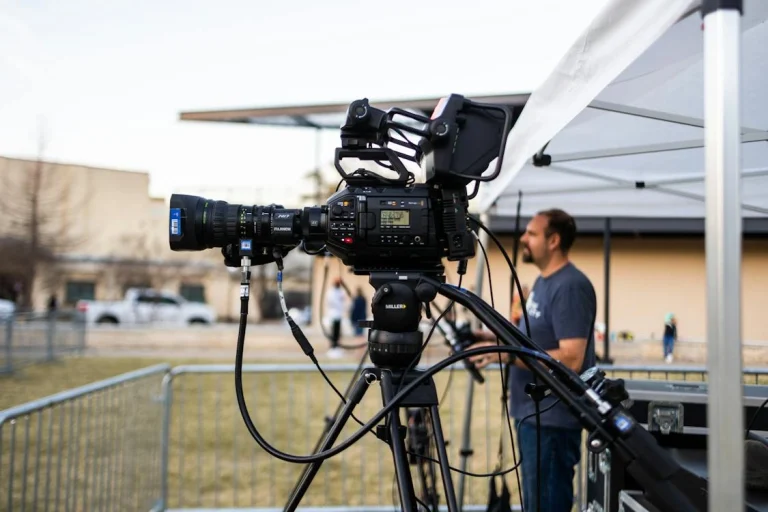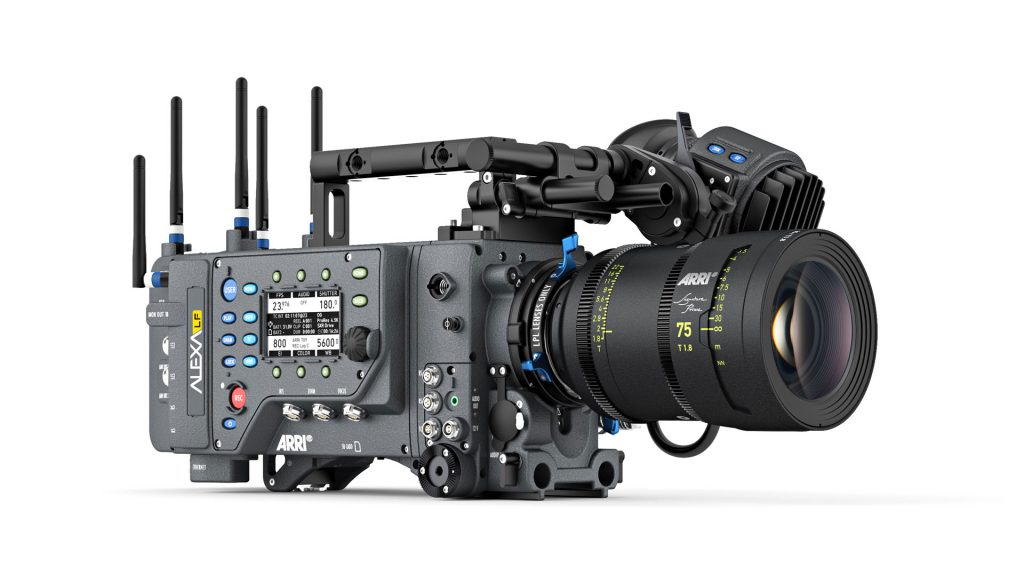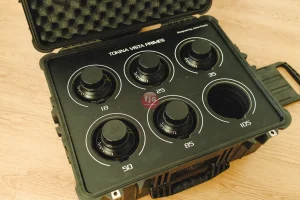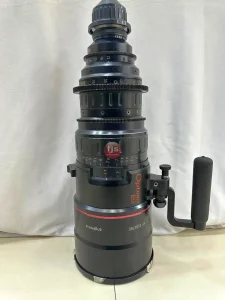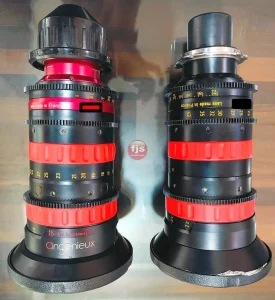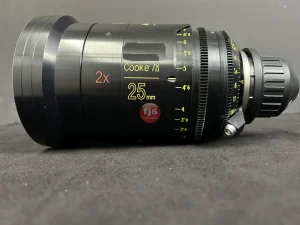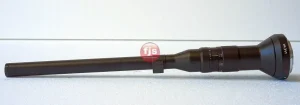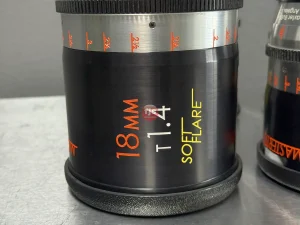Capturing a fleeting moment or weaving a captivating narrative – both photography and filmmaking rely on light and glass to translate reality into art. But when it comes to choosing the right tools, the battle lines are drawn between cinema lenses and photography lenses. While both might appear similar at first glance, their hidden depths reveal a world of tailored strengths and subtle nuances. So, let’s dive into the key differences that set these lens titans apart:
Built for Precision and Control:
- Manual Everything: Cinema lenses prioritize deliberate, hands-on control. Focus rings glide smoothly, aperture clicks precisely, and zoom adjustments feel like clockwork, empowering filmmakers to craft every visual nuance with their own touch. Photography lenses, while offering manual options, often prioritize autofocus speed and convenience.
- Consistent Light Transmission: T-stops, the language of cinema lenses, represent the actual amount of light transmitted through the lens, ensuring consistent exposure changes regardless of the aperture setting. Photography lenses, on the other hand, use F-stops, which are theoretical values based on the physical aperture size, leading to potential exposure variations.
- Cinematic Look and Feel: Cine lenses boast superior optics, often featuring exotic glass elements and advanced coatings. This translates to smoother bokeh, minimized chromatic aberrations, and a natural, filmic rendering that elevates the visual storytelling. Photography lenses, while capable of stunning results, are generally optimized for sharpness and detail, catering to the still image format.
Designed for Different Workflows:
- Built to Endure: Cinema lenses are rugged workhorses, constructed with robust metal barrels and weather-sealed designs to withstand the rigors of professional shoots. Photography lenses, while sturdy, often prioritize lighter weight and portability for on-the-go photographers.
- Geared for Collaboration: Cine lenses feature standardized gear markings and follow focus systems, facilitating seamless teamwork on set. Photography lenses, primarily geared towards solo operation, may lack these collaborative features.
- Focus on the Flow: Cinema lenses prioritize smooth focus transitions, often employing geared focus rings and dedicated focus puller marks. Photography lenses, while offering manual focus, may prioritize speed and accuracy for capturing fleeting moments.
Finding the Right Fit:
Ultimately, the choice between cinema and photography lenses boils down to your creative vision and workflow. If you’re a filmmaker seeking precise control, a cinematic look, and built-in teamwork features, cinema lenses are your weapon of choice. But if you’re a photographer valuing speed, portability, and versatility, photography lenses remain a powerful companion.
Q&A:
- Can I use a photography lens for filmmaking? Absolutely! Many photographers successfully utilize photography lenses for filmmaking projects, especially for smaller productions or run-and-gun scenarios.
- Are cinema lenses always better than photography lenses? Not necessarily. Photography lenses excel in their own domain, offering exceptional sharpness, portability, and often faster autofocus. The “better” choice depends on your specific needs and priorities.
- I’m just starting out, which lens should I get? Consider your budget, shooting style, and future aspirations. A versatile mid-range photography lens might be a good starting point, while aspiring filmmakers could explore entry-level cine lenses or manual-focus photography options.

